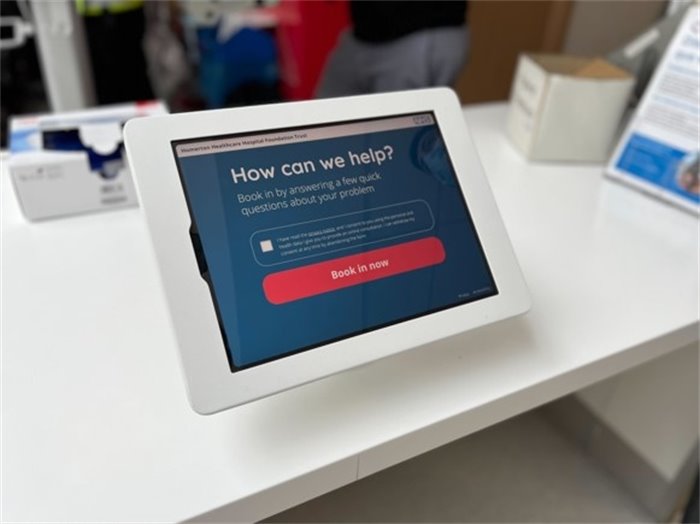PAC report claims scheme has proven ‘eye-wateringly expensive’ and ‘has not achieved its main objective
Credit: Pixabay
The NHS Test and Trace scheme continues to rely heavily on the use of external consultants, with a lack of availability of digital and data skills in the civil service cited as a key reason.
The parliamentary Public Accounts Committee yesterday published a scathing report on an “eye-wateringly expensive” programme it claims has “not achieved its main objective” of breaking the chains of transmission of coronavirus.
As part of their investigation, MPs gathered evidence on the extent to which the scheme has relied on consultancies – which have been awarded hundreds and millions of pounds of contracts during the pandemic.
The use of external consultants has been necessitated by a marked lack of availability of technical skills in the civil service, according to evidence given to the committee in July by former Test and Trace head Dido Harding.
Related content
- Test and Trace still dependent on thousands of external consultants, watchdog finds
- Test and Trace hired £40,000-a-day digital team after failure ‘to source civil servants with these skills’
- Government tapped fleet of £1,300-a-day AWS consultants to advise on contact-tracing app
She told MPs that, up to the end of May 2021, the programme had conducted 523 recruitment campaigns intended to fill 1,894 vacant positions. More than a third of those campaigns – 196 – had not succeeded in hiring anyone at all.
“Those were particularly in data, digital, operational and project-delivery roles, all of which are skills that are in very scarce supply in the civil service in general and, actually, in the economy as a whole,” Harding said.
During the Test and Trace scheme’s 17 months in operation, consultants have invariably comprised as much as half of the programme’s workforce; while acknowledging the need to reduce this, Harding told PAC that “it is really important that we don’t just focus on removing the consultants”.
“We need the permanent civil servants in role, and, in all honesty, that has actually been quite hard to do,” she said.
At the time of Harding’s appearance before the committee, 40% of Test and Trace staff were provided by consultancies.
The number of individual consultants employed by the scheme peaked at 2,504; this equates to a wage bill of £2.75m every day, based on the £1,100 average day rate calculated by the Department of Health and Social Care.
As of August, this figure had reduced to 1,854 over the preceding four months, according to written evidence given to PAC by DHSC permanent secretary Chris Wormald and Dr Jenny Harries, chief executive of the newly created UK Health Security Agency, into which the operations of Test and Trace have moved.
“Looking ahead to the UK Health Security Agency (UKHSA), a ramp down plan has been produced to reduce the number of consultants over the next 12 months,” they wrote. “Reducing the number of consultants is balanced with the delivery of national priorities, ensuring the sustainable handover of critical knowledge, and managing recruitment into high-skill roles.”



